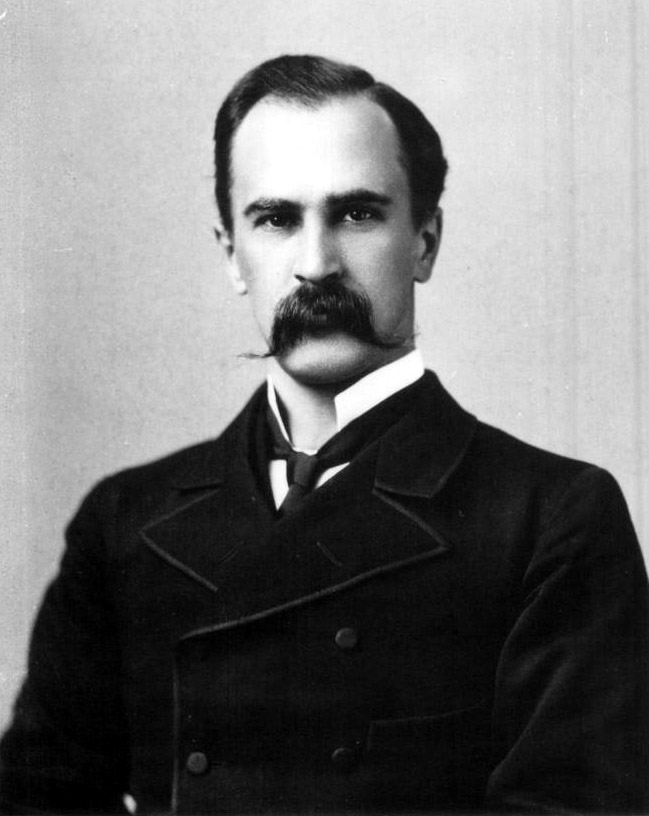FEATURE: What’s REALLY Stressing You Out and a Unique Way to Handle Stress and Worry

Businesses can be as different as the business owners who run them.
But there’s one thing that they all have in common: they all experience stress and worry on a regular basis.
That’s why I decided to write this article today to help business owners to learn a new way to see stress and to give them a new way to handle stress and worry.
What If What’s Really Stressing You Out Is Not What You Think It Is?

In the 2006 issues of Healthy Living (not pictured), there was an article titled, STRESS WITHOUT DISTRESS.
And it said something really interesting about stress. It said…
“…a huge body of research indicates that it is NOT what we have to deal with but rather HOW we deal with it that dictates the severity of stress in our lives.
“‘Stressors’ refer to outside forces, which are the problems and concerns that we must deal with in life. The term “stress” refers to the response of the individual to these stressors.” – Healthy Living (Oct. 2006)
In that article, they went on to say that it’s a popular mistaken notion is that stressors are all bad things. But that’s actually NOT true.
In fact, some stressors might actually good in themselves, but they might still evoke a bad response. Don’t believe it? Want an example of good stressors that make us stressed in bad ways?
Ok that’s easy: Weddings.

We all know that weddings are great, amazing experiences. They can be beautiful and awe-inspiring.
But we also all know how stressful they can be for the people getting married – not just on the day of the wedding day, but also on many of the dates leading up to it!
If an experience that good and incredible can lead to “bad stress,” then the writer of that article is right.
It’s not really the stressful things that “make” us stressed. It’s our response to them.
If that’s true, and I believe it is, then the question you’re probably asking is this…
“So how do I handle the things that stress me out differently?”
Well, that’s what the rest of this post is about today.
In fact, I am about to tell you two stories that will show you a really unique way to handle the daily stress you experience and a unique way to handle worry in your life.
The Secret of Success Sir William Osler Revealed to a Group of Yale University Students
In 1913, Sir William Osler was asked to address the students at Yale University.
Who was he?
Sir William had become well-known from organizing the John Hopkins School of Medicine and also from being appointed Regius Professor of Medicine at Oxford.
Oh yeah, but that’s not all. He had also been knighted by the King of England.
Needless to say, he had earned the right to share a few ideas with that student body.
As he spoke to the students, he revealed the “secret” of his success.
He told that them that his success came from reading something from Thomas Carlyle that he had come across 40 some years earlier.
Those words from Carlyle inspired him to live each day in ‘day-tight’ compartments.
He then explained to the students what he meant by reading those words from Carlyle that he attributed his success to…
“Our main business is not to SEE what lies dimly at a distance, but to DO what lies clearly at hand.” – Thomas Carlyle
Thomas Carlyle
The Secret of Day-Tight Compartments
To make sure that the students experienced the full impact of those words, Sir William then told them a story.
He told them about a time that he had crossed the Atlantic on an ocean liner. And he told them that on that trip he had seen that it was compartmentalized in case of emergency.
The thing that stood out to him was that he noticed each compartment could be shut off quickly.
It was that experienced that caused him to remember Carlyle’s words and to see them in a new way.
He then challenged the students to live their lives in what he called ‘day-tight’ compartments. He challenged the students by saying…’
“Shut off the past. Shut off the future as tightly as the past…the future is today. Touch a button and hear, at every level of your life, the iron doors shutting out the past – the dead yesterdays. Touch another and shut off, with a metal curtain, the future – the unborn tomorrows.
“Then you are safe – safe for today! The load of tomorrow, added to that of yesterday, carried today, makes the strongest falter. Waste of energy, mental distress, nervous worries dog the steps of a man who is anxious about the future.”
– Sir William OslerSir William Osler
The Unique Way to Handle Stress: Focus on the now, NOT the not yet!
You might be thinking, “Well, that’s great! But that doesn’t get rid of my stress!”
You’re right.
It doesn’t completely get rid of all stress, but it will lessen it.
How? Because instead of stressing about the problems of tomorrow, next week, or next month, you’ll only have the stress of today to deal with.
You see, the fact is that you have enough to focus on each day. When you focus too much on tomorrow, then today gets neglected.
You aren’t prepared for tomorrow because you forgot about today!
I would also say it like this: We should focus on the now, NOT the not yet! We should focus on reality (today), not fantasy (tomorrow). Today is the only way to affect tomorrow!
That’s the unique way I’d encourage you to handle stress.
Now let me show you a unique way to handle worry.
But first, you need to understand the difference between stress and worry.
The Difference Between Stress and Worry
Stress and worry seem very similar and are often used as synonyms, but there is an important difference between them.
Let me tell you a quick story and then I’ll explain the difference between the two…

I heard that a bassoon player once came up to his conductor, Arturo Toscanini, and nervously complained that he could not reach the high E flat.
Toscanini just smiled and replied, “Don’t worry. There is no E flat in your music tonight.”
You might not realize it, but you just heard the difference between stress and worry.
- Worry is anxiety over an imagined problem that might or might not ever happen.
Example: Many of our worries are like that bassoon player’s, they are anxiety about things that are unfounded and unnecessary. - Stress is dealing with the actual problems that you have now or that you know you are going to have in the future. Example: A monthly bill that you can’t pay today or that you know you will pay next month is a stress.
Now that you understand the difference, you’re ready to discover the unique way that one executive handled worry.
The Power of a “Worry Box”

I heard a cool story about the way an English executive named J. Arthur Rank handled the things he worried about. Listen and you’ll see what was so unique about it…
J. Arthur Rank decided that instead of worrying all the time he would do all his worrying on one day each week. He chose Wednesdays.
So when anything happened that gave him anxiety, he would write it down and put it in his “worry box” and forget about it until the next Wednesday.
But when Wednesday came along something funny happened.
On that Wednesday, when he opened his worry box, he found that most of the things that had disturbed him the past six days were already settled.
It would have been useless to have worried about them!
The Unique Way to Handle Worry: Procrastinate Your Worrying
When I tell you to “procrastinate your worrying” I am NOT telling you to not plan ahead. Planning is great and it will relieve a lot of present or future things to worry about.
When I say to “procrastinate your worrying” I am telling you to save your anxiety for only real things.
A man named William Marshall tells a story that’s the final one I want to tell today. And it explains what I mean about procrastinating your worry…
“For several years a woman had been having trouble getting to sleep at night because she feared burglars.
“One night her husband heard a noise in the house, so he went downstairs to investigate. “When he got there, he did find a burglar. ‘Good evening,’ said the man of the house.
“‘I am pleased to see you. Come upstairs and meet my wife. She has been waiting 10 years to meet you.'”
Psychologists say that the majority of the things worry about NEVER happen.
But even if they do happen, like they did they did in this humorous, probably fictional story, why waste 10 years of your life waiting for them to happen?
It’s a waste of your time and your energy.
3 Ways to Handle the Stress and Worry of Running a Business
So if you’re a business owner and you’re worried and stressed, like most business owners are, then remember these three things:
1. Stressful things themselves don’t “make” us stressed. It’s our response to them.
So begin consciously working on your response to the things in your business that you regularly respond stressfully to.
2. One way to begin doing that is to focus on the stressful things you have to deal with now, today, NOT all of the stressful things you have to deal with in the days to come.
It won’t completely get rid of all stress, but it will lessen today’s stress and probably even tomorrow’s.
3. And finally, you can stop worrying by putting off your worry – indefinitely if possible, until and unless it becomes a reality that you can actually deal with.
Have and make plans for today and tomorrow, but don’t confuse worry with planning.
And if you aren’t good at procrastinating your worry indefinitely, just choose one day to worry on and put it all in a “worry box” until then (Literally get a box, write your worries down, put the paper in there and forget about them until that one day.). You’ll at least have six days to live worry-free and you’ll probably find there’s much less to worry on on your actually “worry day.”
Don’t worry if you can’t do all three of these steps right now.
Just pick one to do for now.
You can work on the others later.
Even if you can only ever end up being able to do one of them, you’ll still begin to feel the relief you’ve been hoping for.



